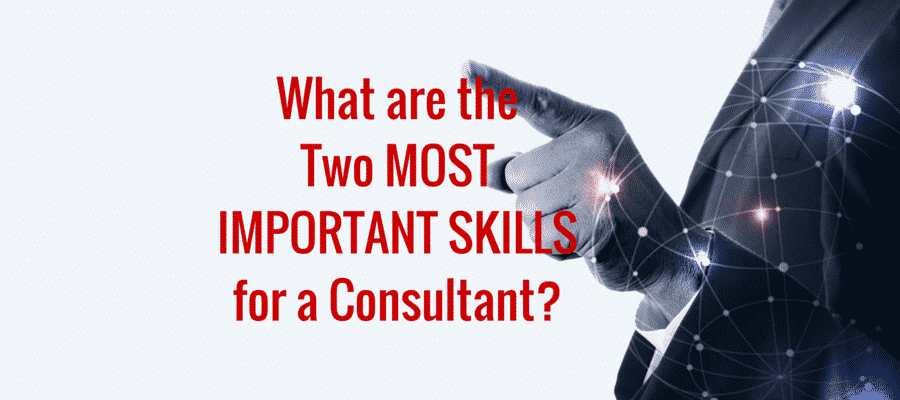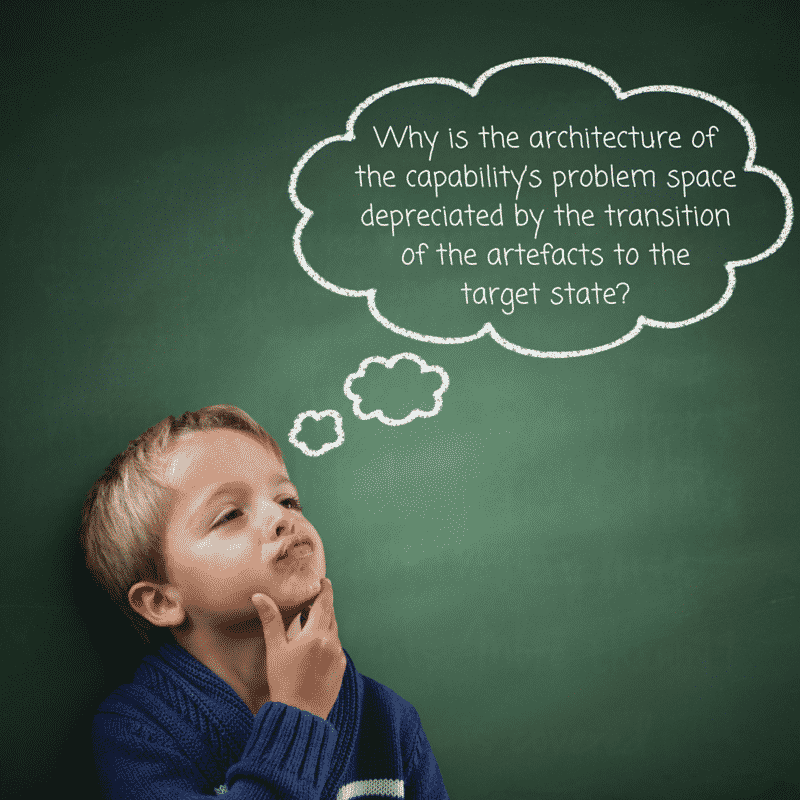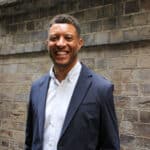
Apr 6, 2016
What do you think are the most important skills a consultant must have? Brain the size of a planet, the charm of Bill Clinton, the golf skills of Tiger Woods, the hair of Donald Trump?
I began my IT career in Austria 25 years ago and the one topic I had actually enjoyed studying at uni (note to self: if you go to uni take a degree you’re actually interested in!) was what got me started: COBOL programming on a Siemens mainframe with the BS2000 operating system (sounds like something from a 1970ies SF movie, doesn’t it?). A vacation job in the IT department of a local manufacturer close to my hometown led to a referral for a role as a COBOL programmer in a small software company in Vienna which made an integrated client/server-based ERP package. They must have realised that my programming skills were not going to take me to Silicon Valley, so they moved me into consulting. I was “lucky” in that my very first project was from hell: a small business with the owner directly involved in “everything”. There were poorly defined requirements, poorly managed expectations, and me right in the middle of it, with zero project, consulting or implementation experience, and little knowledge of a barely documented system. You can about imagine what that was like. Ah, the good old days. Every project since then has been better!
All these years of SAP consulting have taught me this: when it all comes down to it, there are two skills that are essential in the life of a consultant.
I’ve always been a fast talker, able to think on the fly, which was useful when I started my consulting career. As customers became more knowledgeable about SAP projects and developed higher expectations, paired with becoming the manager of a Supply Chain Practice, it became ever more evident that quick thinking and fast talking is not enough and turns some people off (please do not contact me if I have done this to you!). I had to develop a more nuanced approach.
Are You Listening?
Communication, as everyone knows, is a two-way street, but not everyone knows that each participant in a conversation is 100% responsible for its success. There is no such thing as being responsible only for “your half” of a conversation.
So the first step was to sharpen my listening skills because listening does two things for you: it shows you what results you’re getting, and it puts you in the driver’s seat of your part in the conversation.
When listening you have to know what you’re looking for because the words that come out of your boss’s, your clients’ and team members’ mouths are only the tip of the iceberg.
What else is happening when they speak with you? What’s their physiology, what’s their voice like, what are their eyes doing? Do they prefer painting the big picture or are they starting off with the details? Are they mostly talking about people, systems or things? What seems to drive them and which high-level outcomes are they after? All this gives you clues as to what it is they’re “really” saying.
If you ignore these clues, you’ll always be playing a guessing game: “What did he mean when he said that? What does she expect from me? What exactly do they want me to do?”
Are You Asking Good Questions?
Once I had figured out the listening part I had to learn how to direct the focus of a conversation by asking good questions. Tony Robbins, a world famous personal development coach and trainer (go see him if you can – no matter what you think of him, that guy’s a Master at what he does, and that’s always worth studying!) said “The quality of your life is determined by the quality of the questions you ask,” and that’s equally true in business and especially true in consulting.
By asking great questions, you can get to the bottom of things quickly (what do they expect from me?). You can accelerate discussions and bring them to a conclusion (ever sat through boring meetings?) You can give conversations direction (the way you want them to go), and best of all you can create win-win outcomes where everyone walks away happy.
Do you remember a time when you made a great purchase, and the salesperson impressed you because they seemed to understand what you were after? That was someone who has learned to listen and ask great questions. Or a time when you had a great quality conversation with your boss or a customer, and you both walked away content, feeling that something had been achieved? Or a time when you made someone you care about happy by getting them exactly what they wanted? They might not have said it in as many words, but because you were good at listening and asking questions you knew exactly how to hit their sweet spot.
That’s the first skill that’s so important for consultants (and everyone else): excellent communication through listening and asking great questions.
Are You Curious?
The other invaluable skill is curiosity, and the willingness to keep learning. Now you might be inclined to say that a consultant surely needs to have a strong knowledge base in their chosen field – bear with me, curiosity will equip you with that too.
The reason why I call curiosity a skill is that it’s not a state, it’s activity. Remember when you were a child, how curious you were? Did you ask questions until your parents were about ready to give you up for adoption? Did you get into trouble for doing things designed to lift the veil of uncertainty and light the candle of knowledge, for example by climbing a tree to see what the world looked like from the top, or by checking the flow rate of honey from a jar, or by dismantling your nana’s alarm clock?
Have you observed how children learn? Even if it’s a painful process (learning how to walk doesn’t always look like fun, and I have a very clear memory of learning to tie my shoelaces, which was not fun!) Children persist because they want to “know” what it’s like to move around on two feet. They take every fall in a spirit of “let’s give it another go”, usually in a most
cheerful demeanour too because they know instinctively that it’s easier to make progress when you’re having loads of fun.
The driver behind all this persisting, trial and error, risking life and limb, behind all this learning, is curiosity.
Curiosity seeks and attracts opportunities because opportunities provide it with new territory to explore. It teaches you new skills because every opportunity comes with challenges and to overcome them we have to learn and grow and become better at what we’re doing.
Curiosity is the motivation to improve our knowledge even when there is no immediate need for it. Talk about stone-age evolutionary imperatives making themselves felt in the workplace because you never know where the next sabre-toothed tiger is coming from and you better be prepared. That’s how curiosity keeps us sharp and ensures we don’t rest on our laurels and that’s how it makes us knowledgeable consultants too.
Treat your curiosity like the most precious fuel to have in your tank, because it takes you further and makes you more successful than anything else, plus it’s not only renewable, it regenerates exponentially, and the more you use it, the more you have of it.
Communication & Curiosity
That’s it: become a great communicator and keep exercising your curiosity. These two skills will provide you with everything you need, and you’ll go far as a consultant. Further than with the charm of Bill Clinton, the golf skills of Tiger Woods or the hair of Donald Trump at any rate (a brain the size of a planet does help!).
Any other skills you think a consultant should have? Please share them in the Comments below.
Curious how to improve your communication skills? Go to Alice’s website and watch a video that shows you how to become an excellent communicator.






